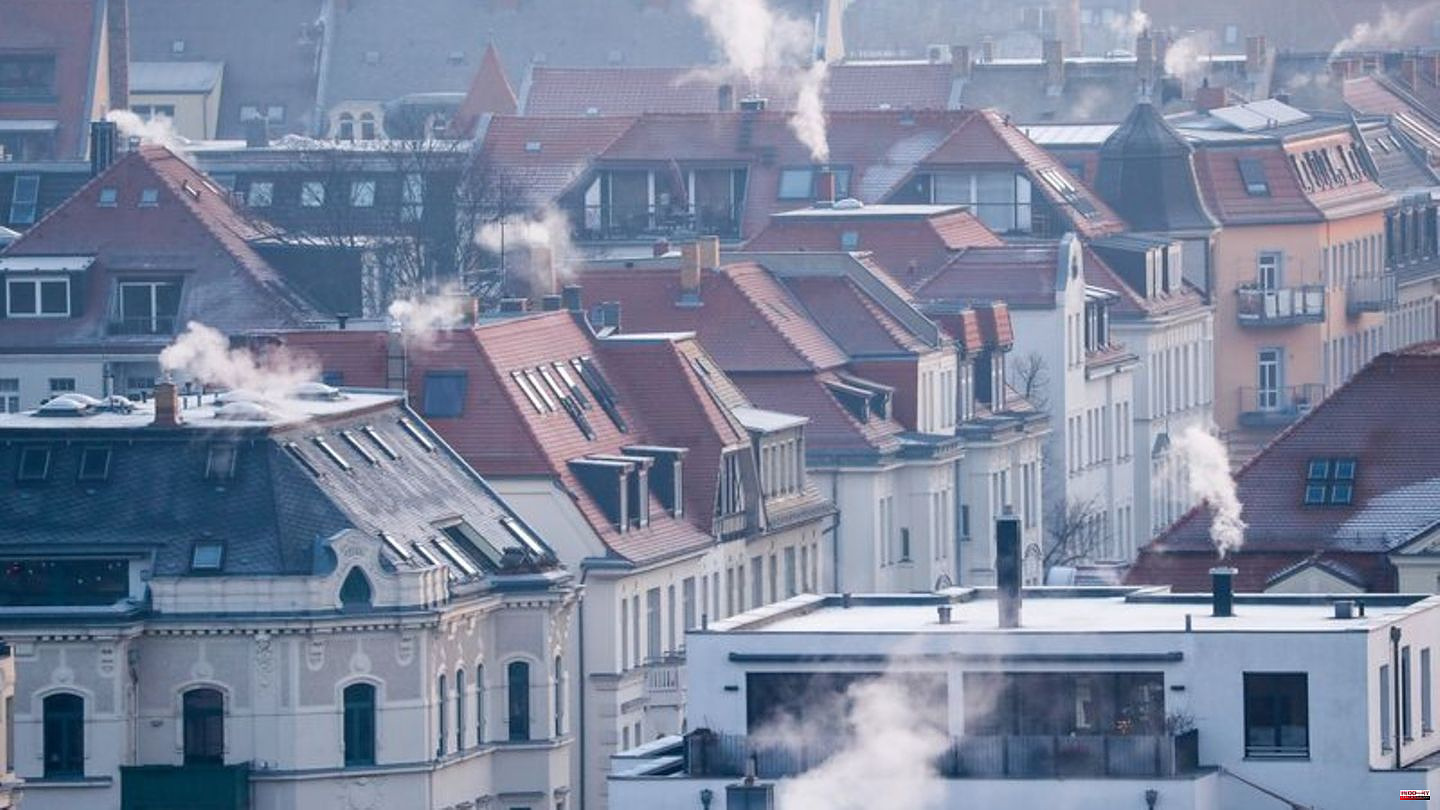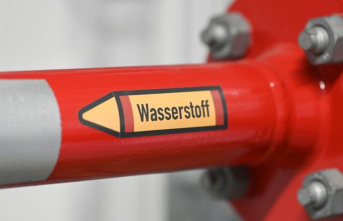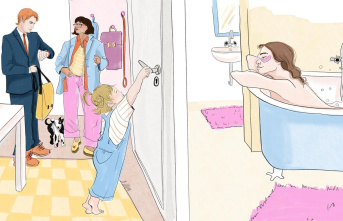Fear of high energy costs and uncertainty surrounding the heating law have caused prices for unrenovated houses to fall sharply - now the downward trend appears to have stopped. This is indicated by an analysis by the real estate specialist Jones Lang LaSalle (JLL), which is available to the German Press Agency.
“For older, unrenovated houses, the costs of energy-saving renovation are deducted almost one-to-one from the purchase price,” explained Sören Gröbel, residential real estate expert at JLL Germany. Construction costs have now stabilized, and there are even slight declines in some trades." Financing costs have also stabilized after the interest rate increase. "The price decline has therefore come to a standstill for the moment."
According to the analysis, the average price difference between apartment buildings with the best energy efficiency classes A/A and those with the worst classes G/H in the first quarter was 25.1 percent. In the final quarter of 2023 it was 26.9 percent. The “Neue Osnabrücker Zeitung” had previously reported on the topic.
According to the study, the average price discount compared to buildings in the best energy efficiency classes was 16.7 percent - slightly less than in the previous quarter (17.2 percent). In the analysis, the price difference was eliminated, which was solely due to energy-relevant features. The sharp drop in prices for unrenovated houses, which began in the second half of 2021, has stopped since spring 2023, said Gröbel.
Buyers place more value on low energy consumption
With the rise in electricity and gas prices, the energy efficiency of properties has become increasingly important to buyers. In addition, new requirements in the federal government's heating replacement law caused uncertainty. As a result, the price gap opened up between energy-efficient, often new residential properties and existing buildings with poor energy performance.
For the analysis, JLL regularly evaluates around 5,000 supply data from apartment buildings. They are mostly rented out by professional investors, some are owned by private landlords. However, the measured differences in value also exist for other properties: "The price discounts tend to be slightly higher for single- and two-family houses, since the owner-occupier has to bear the higher energy costs directly, whereas in a rented apartment building these are passed on to the tenant," it said .
In rural areas, the price decline could continue
Gröbel went on to say that energy-saving renovations are often not worthwhile for landlords, especially in low-priced properties and rental markets. The result would be even higher price discounts. Rural regions are particularly affected by this, according to JLL. The renovation costs would be offset by potentially lower income. "The gap between old and new objects is likely to grow even larger here."







